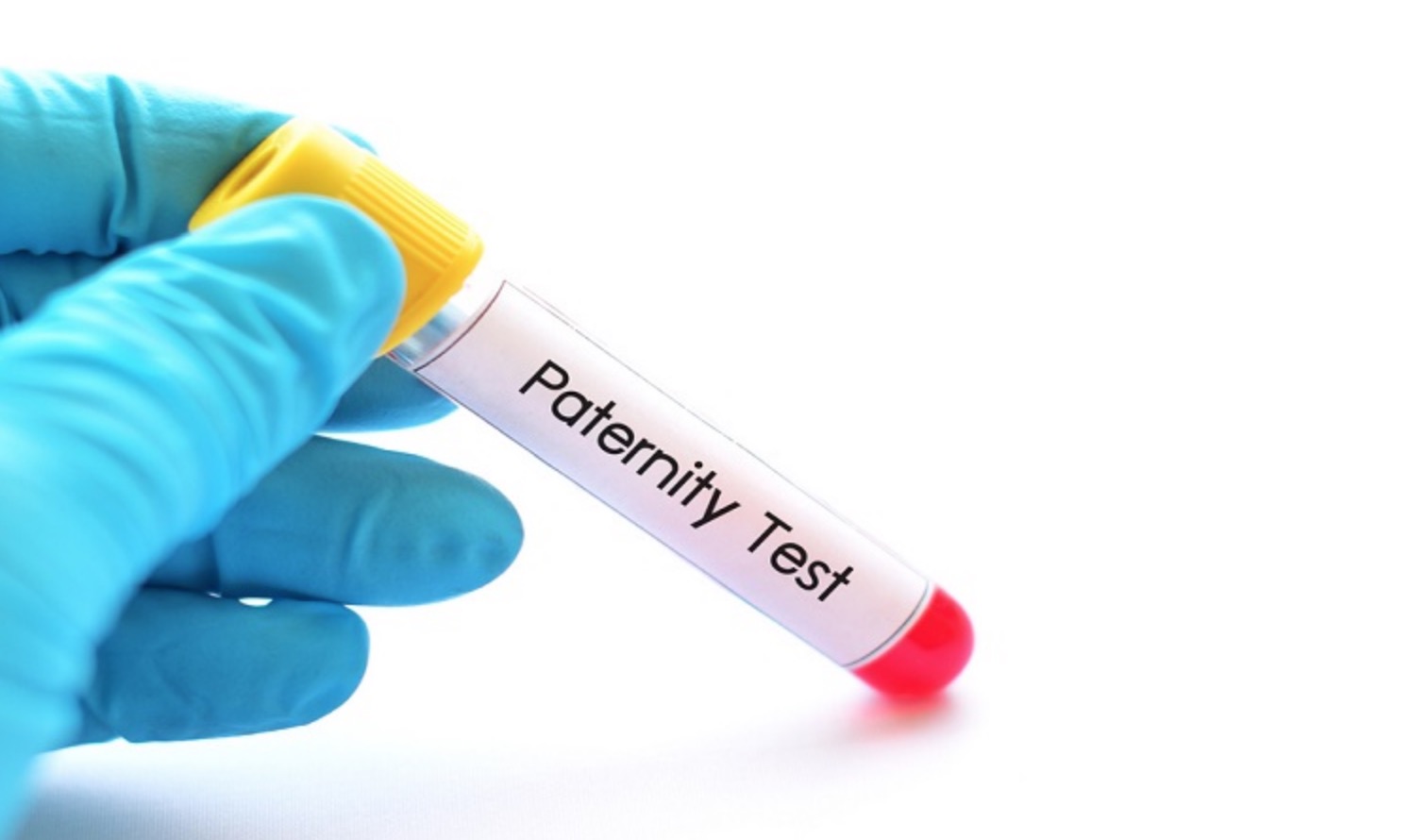SALIVA NOW ACCEPTED IN PATERNITY TESTS
Share

An ongoing legal battle that is currently in process over the paternity of a five-year child in relation to a Jamaican man has pushed forward a ruling which is set to be of advantage to men going through the same process.
The Court of Appeal set forth a ruling that saliva samples can be considered when doing paternity tests where the DNA obtained is used as confirmation for test results.
Lawyer Nigel Jones, the Attorney for the father currently undergoing the case has mentioned that the new method is a milestone for men who are stressed by the process they need to undergo for confirmation of the question of paternity.
This ruling happened last week by the court of Appeal when they arrived at the conclusion that DNA submission would be a valid form for testing for parentage in the case where a man needs information on whether he is the father of a child or not.
Jones further mention that the ruling came based on the influence a case that took place in Trinidad and Tobago where their Supreme Court had made a decision that there is nothing wrong with the submission of DNA samples in the form of Saliva even though the Status of Children act does not outline anything else but blood as admissible.
As mentioned by Jones In the past there was a heavy dependence on blood tests by way of the necessary act for those case types, as well as it was mandatory to get the permission of the parents to proceed with the test.
Jones further mentioned that not getting consent would be proven to be a detriment to the application for paternity. He also noted along the same lines that as interpreted by the Court of appeal, the status of Children act provides the court with sufficient grounds to prove that there is indeed a relationship existing, as well as it gives way for relevant evidence to be allowed admission in relation to the case at hand which therefore requires consideration by the court.
Using saliva would, therefore, be admissible even though there is no legislation confirming it as a form of consideration for paternity test.
Central to the ongoing legalities is the child who was born on the 13th of July 2014. According to the man who requested legalities be taken in consideration of parentage made it clear that the birth of the child was only made known to him by the mother when she sent a photograph.
He further mentioned that there was intimacy existing between the mother of the child and himself however the child’s mother got married to someone else but even then they were still intimate.
He later stated that based on what he saw on the photograph the child resembled him after which the mother of the child mentioned that the Father of the child might be him even though the child had been registered in her husband’s name.
He went ahead and requested a DNA test for which was taken care of in March 2015 by saliva from the baby provided by the mother. The results from the test were ready in April 2015 and concluded a “99.9998%” probability of the claimant being the biological father.
In 2017 as a result of the test that was done the matter was taken to the supreme court by the appellant who requested joint custody and primary care and control of the child to the mother, his name to be on the child’s birth certificate as well as a declaration of paternity.
Seeking finalisations on the matter at hand, the man claimed the child requested that at the trial the April 2015 test results be submitted as well as for further Saliva tests to be carried out in addition to blood tests which were allowed by the court however the request for DNA test was turned down.
Concerning the ruling of the judge an appeal was ushered forward by the mother as it was of her opinion that the court ruling was not made in the greatest consideration for the child so using the Status of Children Act as a guide in her defence the mother made it known to the judge that a blood test without her consent was not under jurisdiction.
An effort to challenge the appeal was made by the claiming father going against the judges decision of not permitting a DNA saliva test or the results that were apparent from the previous samples.
Upon listening to the arguments of both parties involved in the legalities, the judge arrived at a decision to allow the utilisation of blood test with the mother’s consent to get conclusive information on the parentage of the child relative to a biological father.
The judge in making a further court ruling determined that the DNA percentage test done by way of saliva in May 2015 could be used to determine the father of the child in the case the mother did not provide a consent for the required blood test.
A date has been requested with the permission of the mother and the claimant, to be set by the Supreme Court’s registrar to do a conference very soon regarding the management of the case in order to decide on the trial date.



